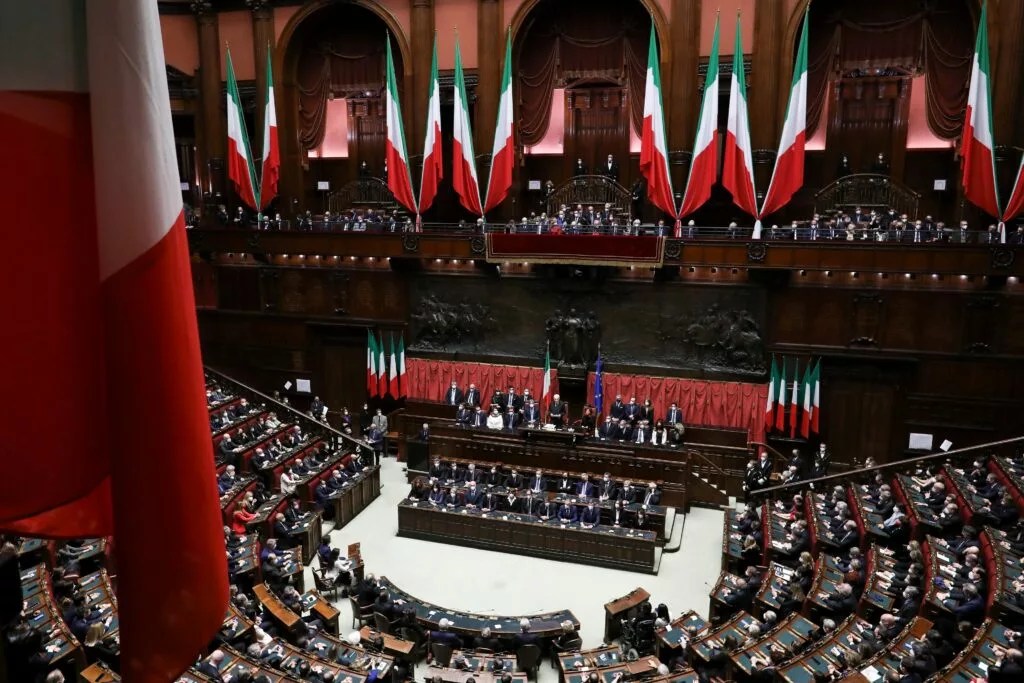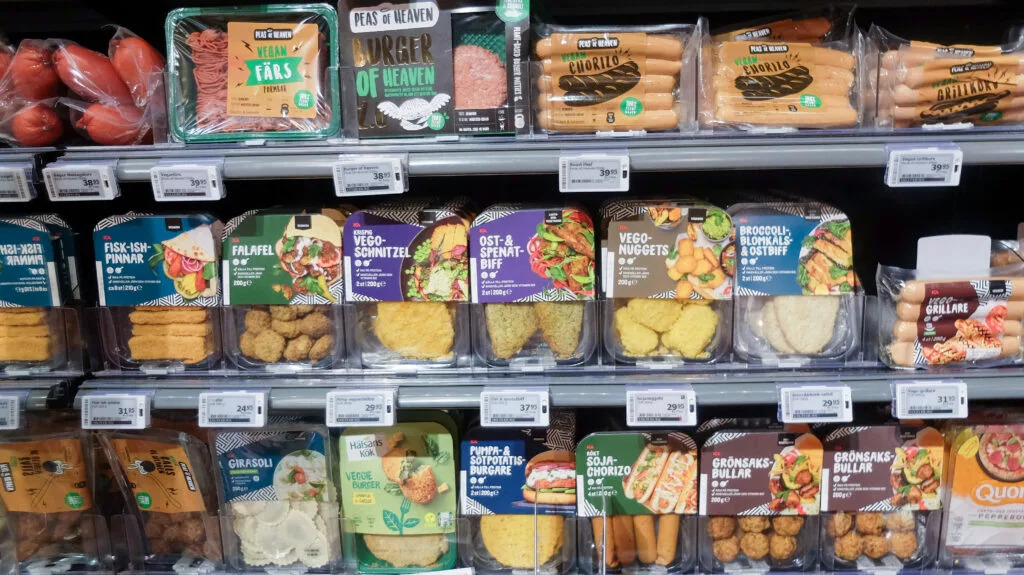In a move highly divergent from other EU countries, Italy will ban all cultivated meat as well as the use of meat-related labelling for plant-based meat products in the country.
The Italian Chamber of Deputies announced on 16 November that it has passed a law banning the production and marketing of cultivated meat.
The bill – which introduces fines between €10,000 and €60,000 for each violation – holds special significance given Italy’s self-sufficiency rate for beef stands at 42.5%, according to 2023 National Data for beef imports.

The bill is also expected to have a significant impact on Italian plant-based meat producers for its prohibiting the labelling of plant-based products with everyday names like ‘plant-based salami’ and ‘vegan steak’.
The legislation appears to be in stark contradiction to the sentiment of the Italian people – Good Food Institute Europe identifies Italy as the third-largest European market for plant-based products, with one in two Italians claiming to consume plant-based meat products.
Additionally, a survey of Italian consumers found that 55% are interested in buying cultivated meat, while 75% said they believe that it is necessary to reduce conventional meat consumption.
Francesca Gallelli, Public Affairs Consultant at the GFI Europe, spoke about how the recent political climate in Italy contributed to the ban.
“The debate surrounding cultivated meat in Italy has been fueled by misinformation, as hearings in the Senate intentionally excluded cultivated meat companies and supporters while allowing false claims from opponents of this sustainable food,” Gallelli said.
The Italian Alliance for Complementary Proteins described the bill as stifling innovation and potentially violating EU law.
Cultivated meat moving forward in other Europe markets
Italy’s recent actions on alternative meat products comes at a time when other European countries are taking highly progressive action to develop the sector.
Two days after Italy’s cultivated meat ban announcement, the Budget Committee of the German Bundestag announced funding of €38 million in 2024 for the sustainable protein transition.
Among the measures to be adopted include a stronger focus of the German protein crop strategy on human nutrition, expansion of public research funding for plant-based foods and cultivated meat, and support in the transformation for farmers.
However, a recent study showed that Germany’s funding measures for alt protein thus far have not followed a coherent overall strategy for the development of the sector.

In the Netherlands, the government has made a record investment of 60 million euros to develop an ecosystem for cultivated meat and precision fermentation. Denmark, meanwhile, recently announced the world’s first national action plan for the plant-based sector and announced that it would invest the equivalent of 168 million euros in the space.
Recent actions from other European countries include:
- France: Invested €65 million in research and scaling up the plant-based sector.
- UK: Earmarked £12 million for alternative proteins, including cultivated meat.
- Catalonia: Invested €7 million in a research centre that will help companies scale up the production of plant-based meat and fermentation.
- Spain: Invested €5.2 million in a project studying the potential of cultivated meat in preventing food-related diseases.
Status of cultivated meat in ANZ
The governments of Australia and New Zealand are yet to introduce national investment plans for the cultivated meat and plant-based meat sectors. Most activity thus far has centred on funding to individual research programs.
In 2021, Australia’s national science agency CSIRO committed AU$150 million to various research initiatives, including a Future Protein Mission.

However, Aussie cultivated meat brand Vow is currently in the regulatory process for its cultivated meat products which, if approved, would make Australia the third country in the world to legalise a cultivated meat product for commercial sale, following Singapore and the US.
The Netherlands was the first EU country to allow cultivated meat and seafood tastings, though it has yet to permit such products to be sold on the consumer market.
To stay up-to-date on the latest industry headlines, sign up to Future Alternative’s enewsletter.
Posted on:


